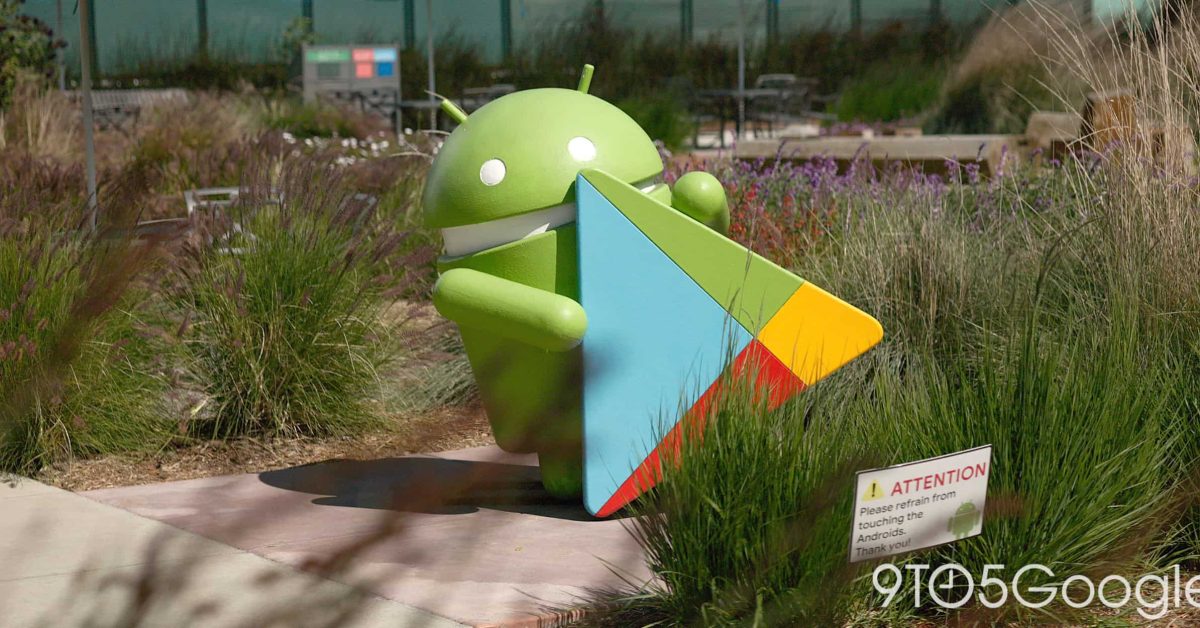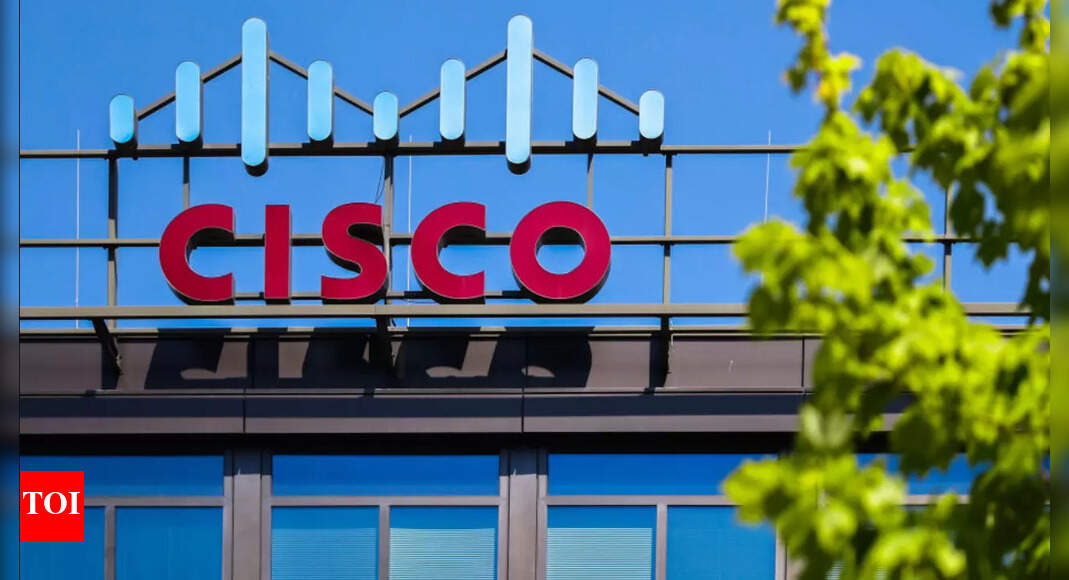
Following its loss in court against Epic Games, Google has just a few weeks to make some absolutely massive changes to the Play Store – and in effect, Android as a whole – despite the company’s goal to appeal the court’s decision.
The Epic vs Google lawsuit reached a verdict in late 2024, but Google immediately appealed that decision which was in Epic’s favor. This week, that appeal again ended in Epic’s favor, and this time Google has no choice but to implement changes.
As reported by The Verge, the court has ruled that Google must make a number of key changes to the Play Store and Android imminently, despite Google looking to appeal the court’s decision. Initially, Google was only given two weeks (14 days) to make changes, but the company was granted an emergency stay earlier today which delays that another week.
The full verdict requires Google to make a lot of changes to Play Store policy and how the tech giant manages Android as a whole, but many of those changes won’t take effect for a while. Epic Games CEO Tim Sweeney quickly said that the Epic Games Store would be coming to the Play Store following the court’s verdict, but Google will in fact not be required to do that for eight months, meaning alternate app stores won’t hit the Play Store until at least sometime in 2026.
So what changes are required in the immediate future?
The court’s injunction specifically points to a handful of key points which break down as follows:
- Google may not share revenue generated by the Play Store with Android OEMs and other partners, or require the Play Store to be preinstalled on Android devices or placed in a certain location
- Google cannot make deals for exclusive apps in the Play Store, or make deals to block apps from launching in third-party stores (including exclusive features)
- Android apps distributed through the Play Store cannot be required to use Play Billing and must allow for third-party payment methods, as well as communication of other payment methods. Google cannot require developers to change their prices to reflect Play Billing.
- Android developers must be allowed to communicate pricing and downloads outside of Play Store, including links
- Google must work with Epic Games to resolve any disputes in regards to the Play Store distributing third-party app stores
So, as mentioned, this doesn’t mean third-party app stores are coming to the Play Store immediately, but these changes will be majorly impactful nonetheless. Google has until August 8 to implement changes, meaning we’ll be coming up quickly on the company’s Pixel 10 launch right as many of these take effect.
The full list of points from the case (as provided by The Verge) read as follows:
4. For a period of three years ending on November 1, 2027, Google may not share revenue generated by the Google Play Store with any person or entity that distributes Android apps, or has stated that it will launch or is considering launching an Android app distribution platform or store.
5. For a period of three years ending on November 1, 2027, Google may not condition a payment, revenue share, or access to any Google product or service, on an agreement by an app developer to launch an app first or exclusively in the Google Play Store.
6. For a period of three years ending on November 1, 2027, Google may not condition a payment, revenue share, or access to any Google product or service, on an agreement by an app developer not to launch on a third-party Android app distribution platform or store a version of an app that includes features not available in, or is otherwise different from, the version of the app offered on the Google Play Store.
7. For a period of three years ending on November 1, 2027, Google may not condition a payment, revenue share, or access to any Google product or service, on an agreement with an original equipment manufacturer (OEM) or carrier to preinstall the Google Play Store on any specific location on an Android device.
9. For a period of three years ending on November 1, 2027, Google may not require the use of Google Play Billing in apps distributed on the Google Play Store, or prohibit the use of in-app payment methods other than Google Play Billing. Google may not prohibit a developer from communicating with users about the availability of a payment method other than Google Play Billing. Google may not require a developer to set a price based on whether Google Play Billing is used.
10. For a period of three years ending on November 1, 2027, Google may not prohibit a developer from communicating with users about the availability or pricing of an app outside the Google Play Store, and may not prohibit a developer from providing a link to download the app outside the Google Play Store.
13. Within thirty days of the date of this order, the parties will recommend to the Court a three-person Technical Committee. Epic and Google will each select one member of the Technical Committee, and those two members will select the third member. After appointment by the Court, the Technical Committee will review disputes or issues relating to the technology and processes required by the preceding provisions. If the Technical Committee cannot resolve a dispute or issue, a party may ask the Court for a resolution. The Technical Committee may not extend any deadline set in this order, but may recommend that the Court accept or deny a request to extend. Each party will bear the cost of compensating their respective party-designated committee member for their work on the committee. The third member’s fees will be paid by the parties in equal share.
More on Android:
Follow Ben: Twitter/X, Threads, Bluesky, and Instagram
FTC: We use income earning auto affiliate links. More.






